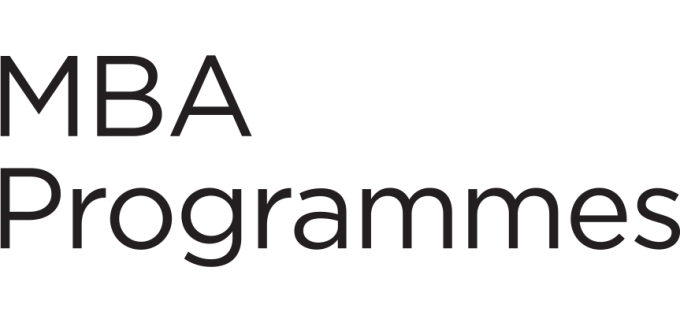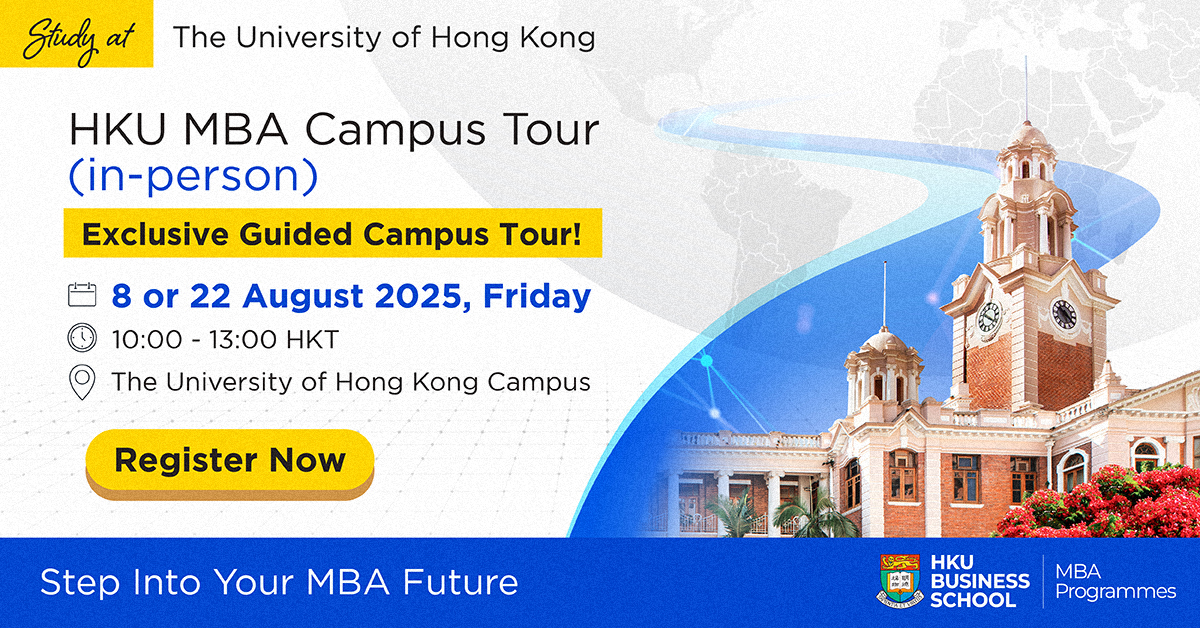David Cheung
David Cheung
From Molecules to Marketing
I never imagined that my career journey would take me from biochemistry labs to boardroom strategy meetings. With a bachelor’s degree in biochemistry, I began my career in laboratory role. But like many others in the industry, I eventually found myself transitioning into a sales role – a common starting point for those in pharma.
Sales was just the beginning for me. From early on, I knew I wanted to pivot into marketing and leadership. I aspired to become a strategic thinker – a team leader or even a business unit head. But as I advanced, I realised there were clear gaps I had to bridge. Sales relies heavily on communication, negotiation, and technical knowledge, and always focuses on the short term. Marketing, on the other hand, demands business acumen – including finance, strategy, analytics- and requires seeing the big picture, thinking deeply, and having a long-term perspective. That’s when the idea of pursuing an MBA occurred to me. I needed a boost; a structured platform to help accelerate my transformation.
The MBA as a catalyst for growth
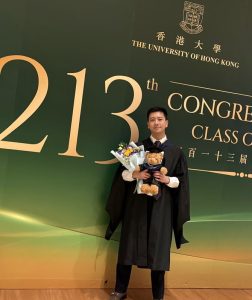
HKU’s MBA programme equipped me not only with technical knowledge – finance, accounting, economics, marketing – but also sharpened my soft skills, from negotiation and ethics, to engaging with stakeholders. One of the most valuable aspects of the programme was how it replicated real-life complexities through case studies, group discussions, and collaborative projects. I was constantly exposed to diverse viewpoints, which forced me to listen, adapt and find common ground. These communication and leadership skills have become crucial in my professional life, especially now that I work with cross-functional teams and manage upward and downward expectations.
The beauty of HKU’s part-time structure is its immediate applicability. I recall applying frameworks from our finance class directly to campaign analysis at work. Whether evaluating ROI or rethinking my marketing investment strategies, I saw instant results. The concepts weren’t just theoretical, they became tools I could use to make informed decisions and present solid business cases to senior management.
Beyond business basics: a wider lens
The MBA broadened my horizons in ways I hadn’t expected. Courses like competitive strategy, macroeconomics, and China business environment offered me a more holistic view of Hong Kong’s position in the regional landscape. The part-time MBA format also gave me the flexibility to experiment, pilot new ideas, and immediately apply what I learned to real challenges at work.
In a field where information is often siloed due to competitiveness, the insights shared by professors and classmates were eye-opening. This perspective allowed me to advise senior management on initiatives to reinforce our local presence – not just in theory, but in ways that align with our operational goals.
Strategic thinking and scenario planning also became part of my day-to-day vocabulary. My role requires forward-thinking, and the MBA helped me internalise that mindset. Rather than just reacting to changes, I began proactively identifying opportunities and helping my team prepare for what’s next.
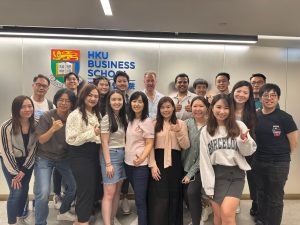
Relationships that endure
What I didn’t fully anticipate was the depth of the personal connections I’d form. Taking weekend classes meant spending full days with the same group – sharing breakfast, working on group projects, grabbing dinner after class. It’s in those in-between moments that real friendships were forged.
It’s important to immerse yourself in the environment and actively engage with the community. You can choose to go it alone or keep others at a distance, but to truly make the most of the experience, you need to build genuine connections.
Over time, this community became a support system, both personally and professionally.
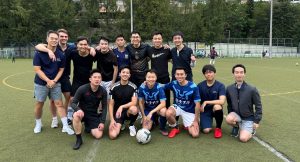
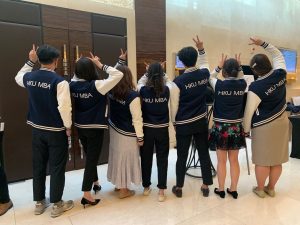
Choosing HKU
When selecting an MBA programme, I knew I needed one that offered both flexibility and diversity. HKU stood out for its mix of industry backgrounds – our cohort included professionals from aviation, HR, telecoms and retail. That diversity enriched every conversation and exposed me to sectors I’d never experienced.
Location was also key. With a demanding work schedule, having a centrally located campus made a real difference. The flexibility to complete the programme in two to four years, and the option to switch between weekday and weekend modes, also added peace of mind.
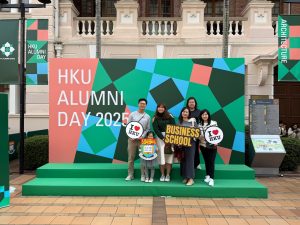

But perhaps what really sealed the deal was the lifelong access to alumni resources. Being able to take classes even after graduation is an invaluable bonus because it means the learning doesn’t stop, and the community stays strong.


